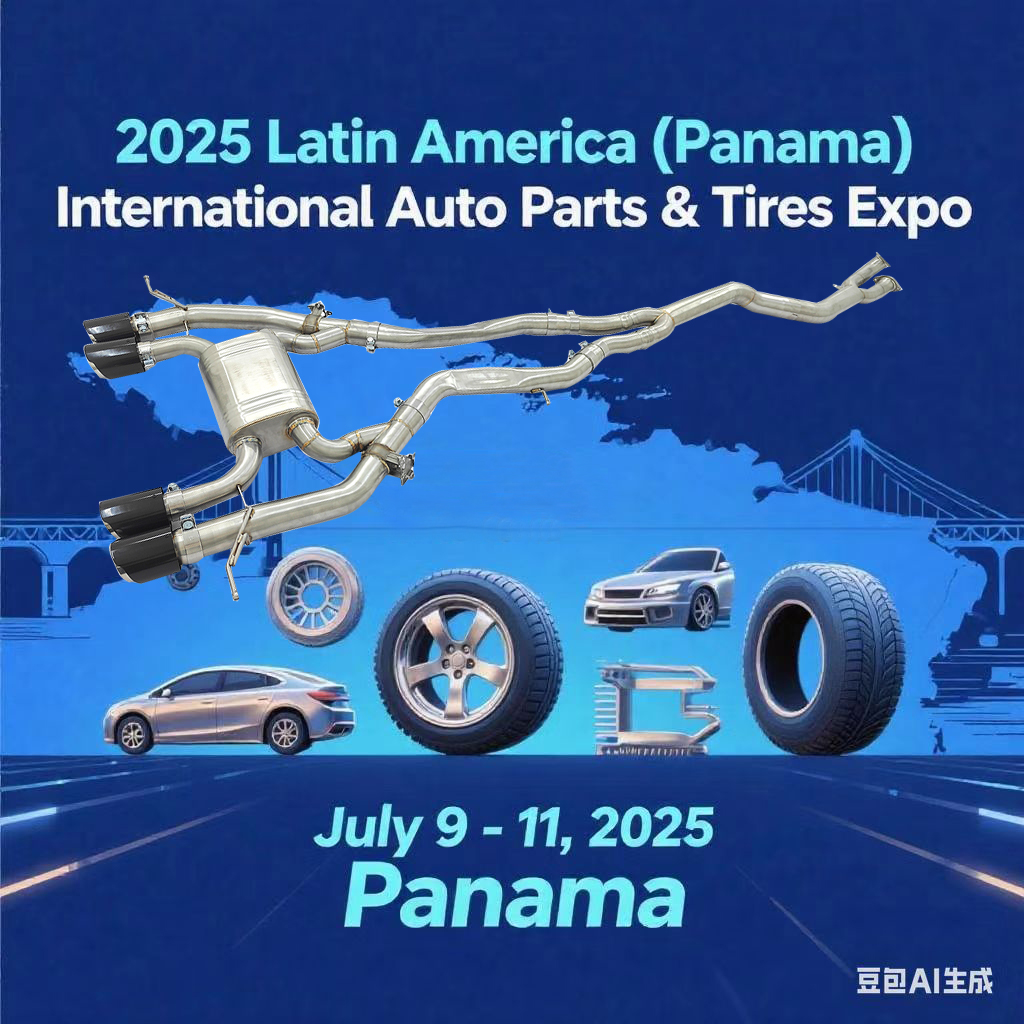 +86 17870576410
+86 17870576410 Key Tips for Car Owners to Avoid Pitfalls When Modifying Exhaust Pipes
Car enthusiasts often turn to exhaust pipe modifications to enhance their vehicle’s performance and sound. However, without proper knowledge, these modifications can lead to unexpected issues. Here are essential tips to steer clear of common pitfalls.
First and foremost, understanding local regulations is crucial. In the United States, for example, California’s AB 1824 Act mandates that exhaust noise should not exceed 95 decibels during dynamic testing. In the European Union, modifications must comply with EC 70/157 regulations and maintain a sound level within ±3 decibels of the original factory settings. In China, while the 2022 “Motor Vehicle Registration Regulations” allow muffler replacements, the exhaust must meet specific size and noise requirements, and catalytic converters cannot be removed. Ignoring these laws may result in hefty fines or even legal trouble.
Another common mistake is assuming “bigger is better” when it comes to exhaust pipe diameter. For small - displacement engines, an overly large diameter can actually cause a loss of low - end torque. According to a study by the Society of Automotive Engineers (SAE), for engines below 1.5 liters, a pipe diameter exceeding 63mm often leads to performance degradation. Instead, consider mid - pipe and rear - pipe exhaust systems with “backpressure drums,” which strike a balance between daily driving and high - RPM performance.
Material selection also plays a vital role. While 304 stainless steel offers corrosion resistance and affordability, with prices ranging from 300−700, titanium alloy provides significant weight reduction (up to 50%) and superior heat resistance but comes at a much higher cost, around 2,000−4,000. Some manufacturers, like REMUS, now offer “carbon - neutral exhaust systems” made from recycled materials, which not only meet environmental standards but also reduce long - term maintenance costs.
Finally, always choose products from reputable brands. Brands such as APR and Milltek, which have obtained TÜV certification, not only ensure better performance but also minimize regulatory risks. Before making a purchase, check your local vehicle management department’s “Motor Vehicle Modification Catalog” to ensure compliance.
By keeping these tips in mind, car owners can enjoy the benefits of exhaust pipe modifications while avoiding potential setbacks, ensuring a smooth and satisfying modification experience.










